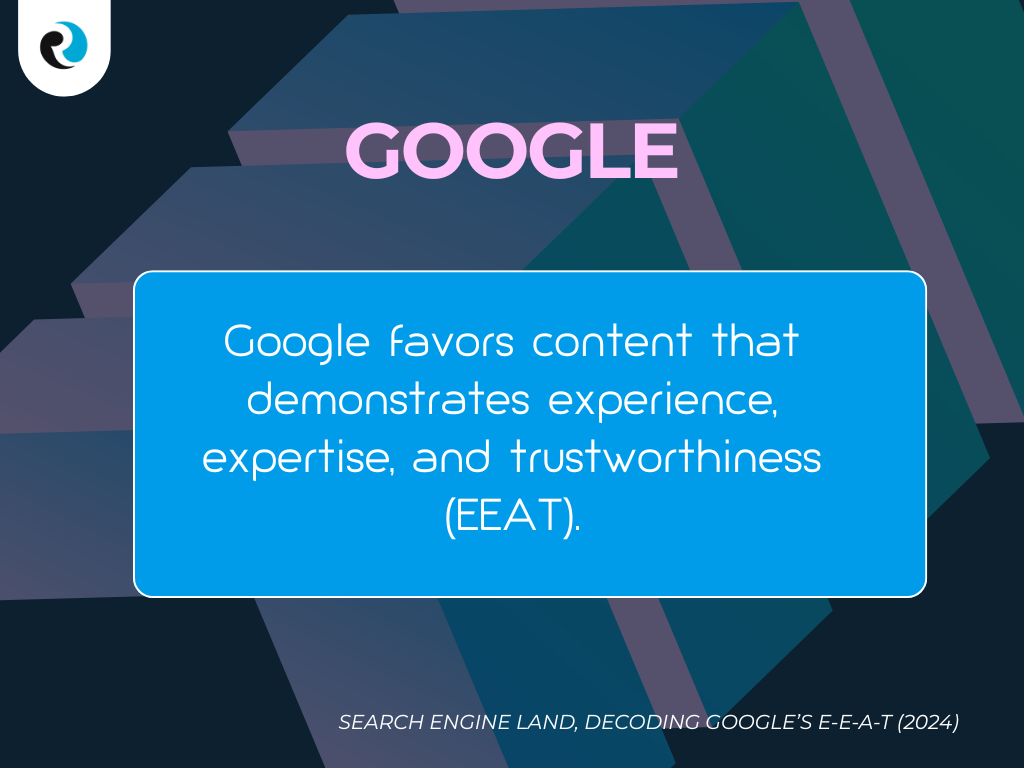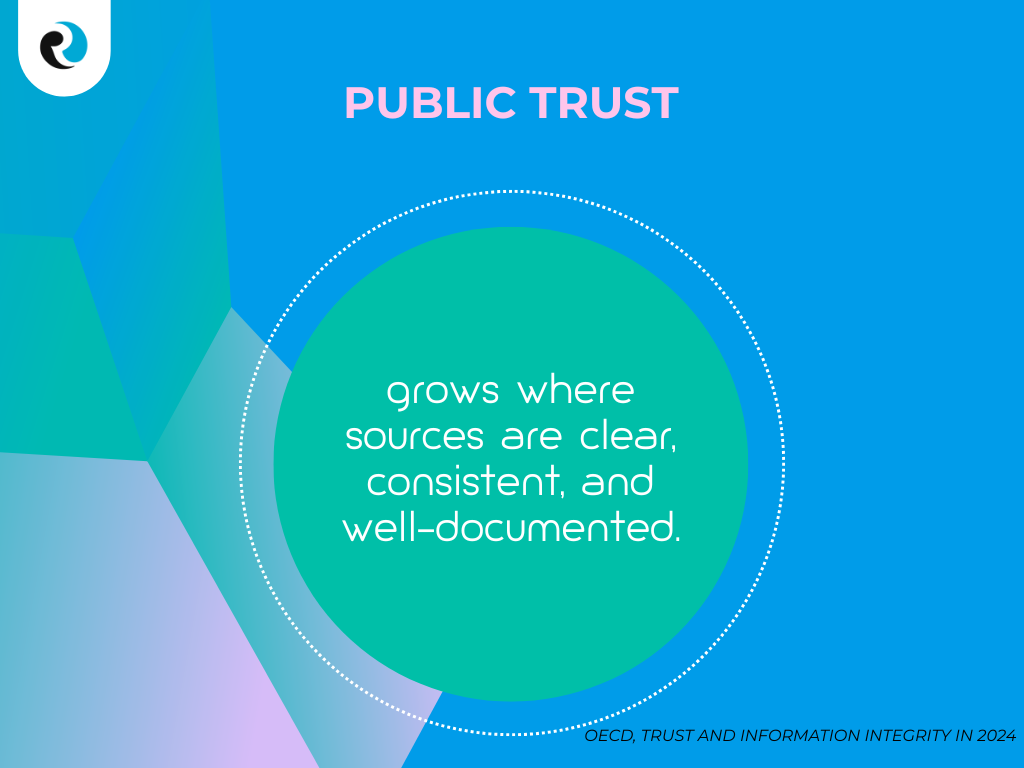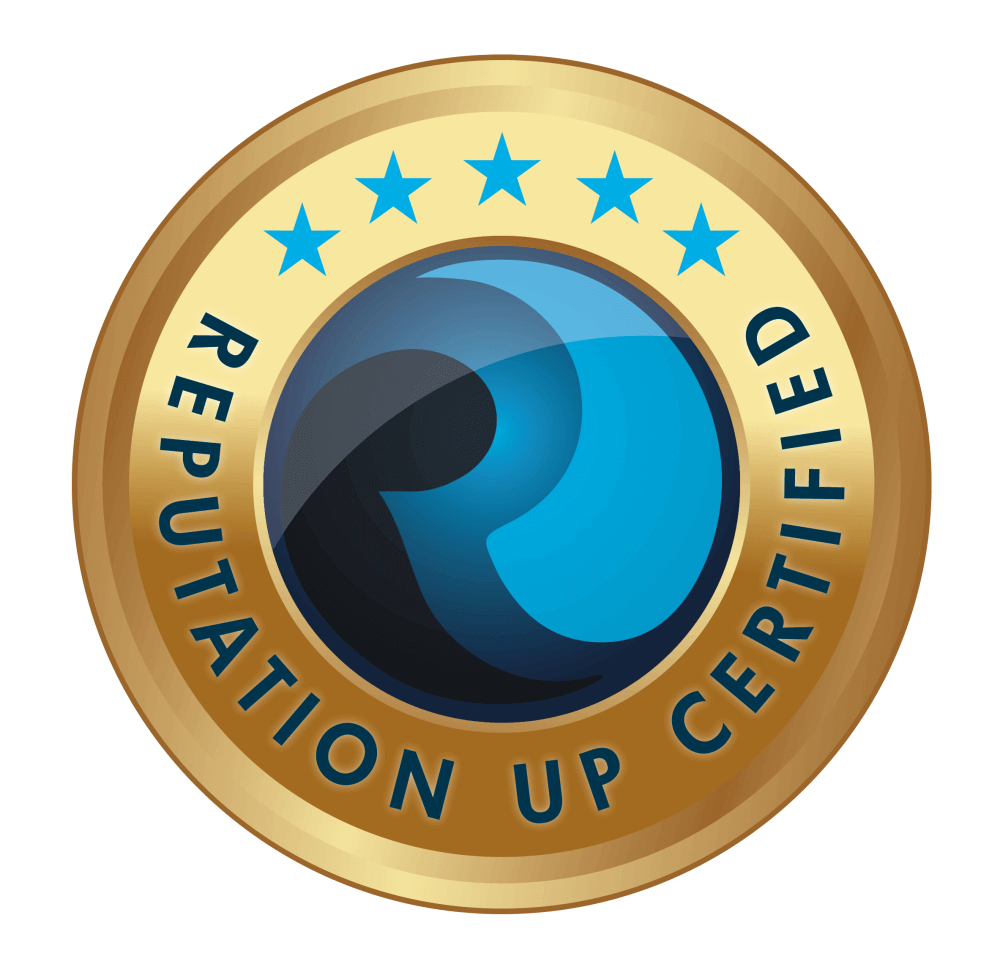When someone types your name, your company name, or a term related to your brand, Google doesn’t just return links: it returns an implicit narrative. The top search result can become the “first version” of your digital reputation. Therefore, optimizing SEO means not only being found, but being presented in the right light.
It’s not just a technical strategy for climbing the rankings: it has become the heart of digital reputation. The content Google displays—articles, reviews, news, images—represents a global business card that influences professional decisions, purchases, and even institutional relationships. In recent years, its algorithm has become increasingly sophisticated: it no longer evaluates just keywords and backlinks, but aspects such as experience, authority, reliability, and context. Poor or outdated text can even damage your reputation, while well-constructed content becomes a tool for credibility.
The goal of this article is to show how Google “decides” your reputation through SEO and which strategies you can use to effectively control your online image.
“Not controlling your presence on Google means letting others decide who you are,” observes Andrea Baggio, CEO of ReputationUP.
SEO as a reputation tool
Therefore, reputational SEO isn’t just about optimizing meta tags or inserting keywords. It means taking care of the entire digital ecosystem that Google observes and rewards. Reputation is built through editorial consistency, quality content, and transparency.
When a user searches for information, Google “chooses” whether to display positive, neutral, or negative articles. This makes SEO a tool for protecting and enhancing your digital identity.
There are many areas to monitor:
- Content: original, in-depth, up-to-date.
- Authority: presence on industry websites and citations from recognized sources.
- Reviews and opinions: Transparent feedback management strengthens trust in the eyes of Google and users.

How Google rates your reputation
Google states that its goal is to provide “useful and reliable” results. This involves the application of increasingly refined criteria, summarized in the concept of EEAT: experience, expertise, authority, and trustworthiness.
This isn’t a single algorithmic factor, but a set of signals that help Google distinguish valid content from superficial or manipulative content. Particularly in “sensitive” sectors—such as health, law, and finance—these criteria become crucial because misinformation can have serious consequences.
To understand how this evaluation works, we can summarize some key aspects:
- Experience and expertise: Google favors content created by those with direct knowledge of a topic.
- Authority: The reputation of the author and the domain matters as much as the content itself.
- Trustworthiness: Transparency, sources, and editorial consistency are crucial to building trust.
This need is also confirmed by the Reuters Institute Digital News Report 2024, which shows how public trust in digital information increasingly depends on the transparency of sources and their authority.
SEO Changes in 2024 and Their Impact on Reputation
In 2024, Google introduced updates that radically changed the way content is evaluated. These aren’t small tweaks, but structural corrections that have rewritten the rules of the game.
The updates have rewarded those who invest in quality content and penalized those who seek shortcuts through spammy techniques or manipulative practices. This has highlighted the connection between SEO and reputation: those who produce value are recognized, while those who simply exploit tricks lose credibility.
Among the most significant innovations we find:
- AI Overviews: Concise answers that Google displays above the results, based on sources deemed authoritative. If your content isn’t there, you risk being invisible.
- Site reputation abuse: Penalties for sites that host irrelevant or low-quality third-party content.
- Freshness: Prioritize up-to-date content, especially in rapidly changing industries.

Practical strategies for improving your reputation with SEO
SEO reputation can’t be improvised: it requires a structured strategy. Before considering techniques, you need to be clear about the image you want to convey and the risks you want to prevent.
Here are some effective moves:
- Create content based on real experience, case studies, and concrete testimonials.
- Maintain the quality of your backlinks by aiming for a few reliable links from relevant sites.
- Update existing articles regularly to keep them fresh in Google’s eyes.
- Optimize the technical aspects of the site (speed, mobile-friendliness, schema markup).
- Monitor your brand’s SERP and address any negative or outdated content.
“Those who invest in reputational SEO build long-term trust and credibility,” underlines Juan Ricardo Placio, CoFounder CEO of ReputationUp.
The role of ReputationUP
In this scenario, ReputationUP doesn’t just offer standard SEO services. Its strength lies in integrating legal, technical, and communication expertise to ensure Google displays the most accurate and positive version of your digital identity.
The work includes SEO reputation analysis, removal of harmful content, production of authoritative articles, review management, and continuous monitoring of SERPs. In this way, SEO becomes not just a visibility tool, but a cornerstone of digital reputation.

Conclusion
SEO for reputation isn’t a detail, but a strategic asset. Google doesn’t simply display content: it displays a story, and that story can be positive or negative.
Those who invest in quality content, transparency, and constant monitoring control the narrative. Those who neglect SEO risk leaving their digital narrative to others—competitors, negative news, biased reviews.
With the support of ReputationUP, SEO becomes an ally in defending, enhancing and strengthening your online reputation.
FAQ
Not directly, but Google applies it as a guiding principle through multiple signals that influence visibility.
Very important: Google tends to reward fresh and relevant content, especially in rapidly changing industries.
Links from authoritative sites are crucial: they strengthen your authority and improve the perception of trustworthiness.
Yes, through technical procedures, corrective SEO, and legal action when necessary. ReputationUP offers specific support in this area.

